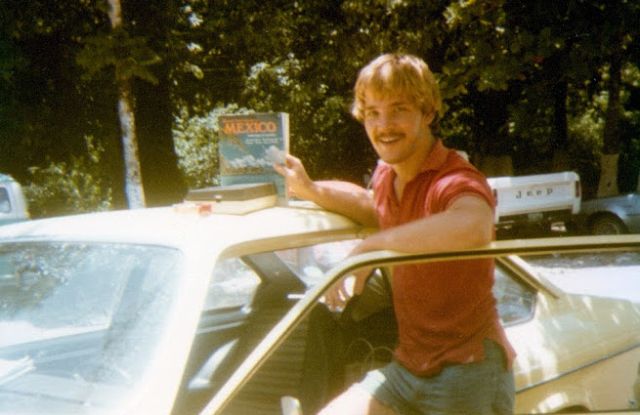How do I become a good person?

Are there any questions you don't ask? Sex used to be taboo, but no longer. Perhaps politics in certain contexts – a lot of us still don't discuss our political views with our extended families. But there's not much else we won't talk about.
Except maybe this question: How many times have you ever heard a person ask, "How do I become a good person?"
That's not a question we ask. And you have to ask, why is that?
Dallas Willard says that it's because we mistake worth for worthiness. "We tend to think everyone already is a good person," he says. We're children of the humanist revolution. We say "innocent until proven guilty." We teach civics. We work in workplaces where trust is practiced.
In a lot of countries I've travelled to, the walls are high and at the top have broken glass embedded in them. Many cultures are not so optimistic about people.
Those of us who call ourselves Christians historically have had strong beliefs about how one becomes a good person. We did so because Jesus had strong beliefs about the subject. As Willard says, "A really good person is one who is pervaded with love: love for God, for his Son, and then our 'neighbors.'"
We believe that you can become a good person as you place your confidence in Jesus Christ and become his apprentice in kingdom living. And simultaneously, we believe that however good we become, we still will mess up. Our goodness is itself a gift – an act of grace.
We're OK to talk about such matters in our churches, but rarely outside them. In parts of the country (places like Seattle, New York City, or San Francisco), such talk can get you labeled as a kook.
What's defined as good and bad has changed a lot over my lifetime. It used to be that there was a strong consensus about it. Now we don't want to appear to judge people. We don't speak out.
Morality has become a relative thing. You'll hear a young person say, "whatever," and that's exactly what they mean. It could be this or it could be that. Whatever. Freedom to express yourself becomes the one point of societal consensus. We don't really know what good is, so we don't talk about it.
Christians have always been oddballs. What's new is that we don't look that different from the people around us. And whereas Jesus had some pretty clear things to say about how you become a good person, you have to wonder if we really believe them.
What do you think – do you feel the freedom to talk about what is good and what is bad in your workplace? How do you answer the question – how does someone become good?



When we are “in Christ” we are to love all people. Even if we come to feel they are not a “good person” we are too love them.In my perception as I’ve seen our Lord being removed from the public acknowledgement we are seeing more “bad people”. We need to somehow create ways to have to have our Lord freely and publicly proclaimed and no longer suppressed. On an individual basis we must BOLDLY let Christ shine through us!